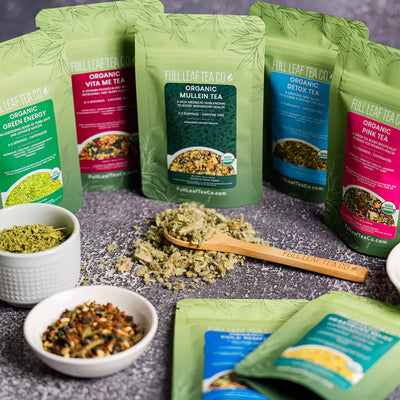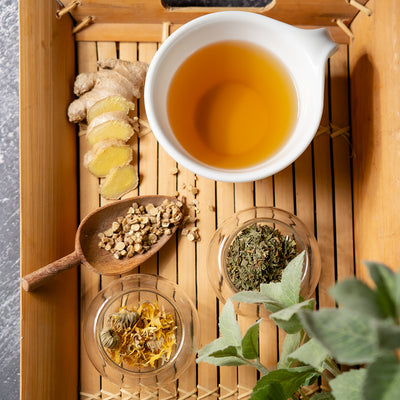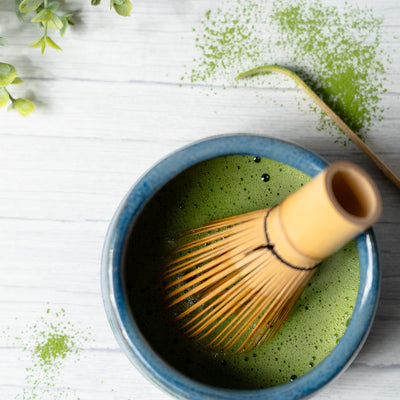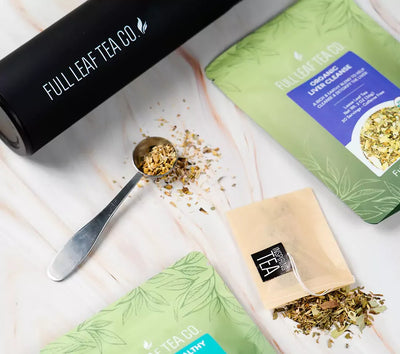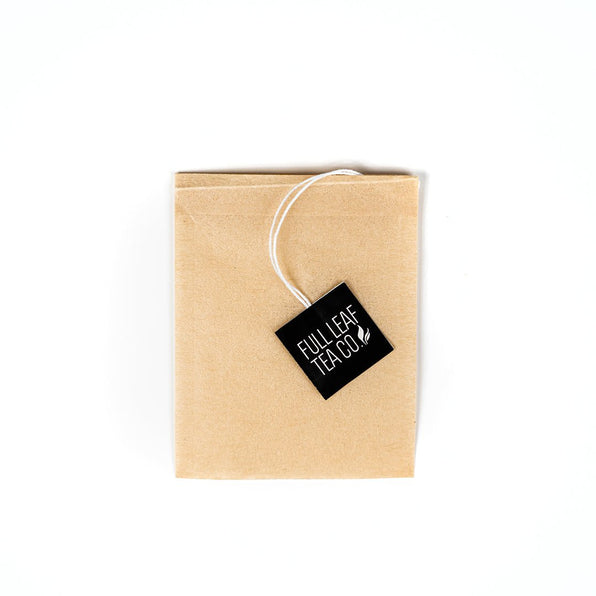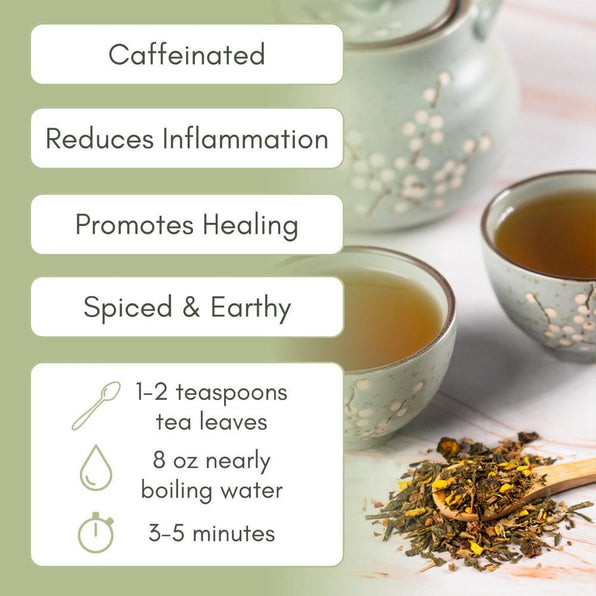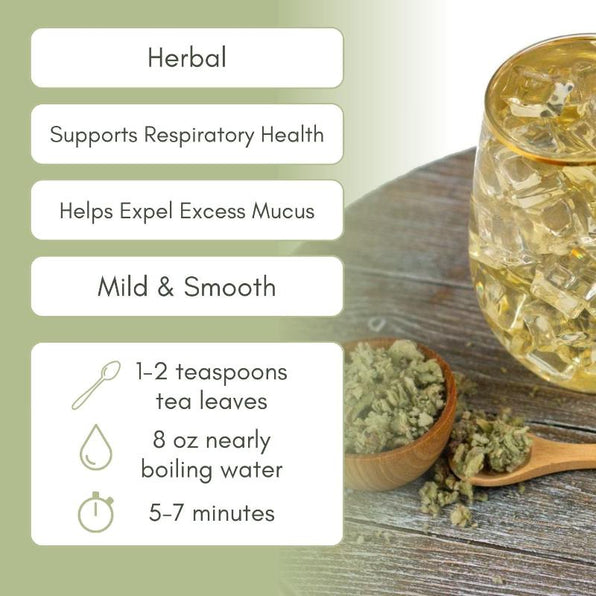Many of you have walked into a tea store or apothecary and seen the walls lined with beautiful glass jars full of exotic herbs and teas. You might have done this at home too, since it's one of the top tea storage suggestions on Pinterest. But, did you know this is the exact opposite of how you should store tea?
For loose leaf tea, there’s a common “best by” date of 2 years when it’s properly stored. After that point, the tea doesn’t really expire (it’s not going to be bad for you), so much as it starts to lose its taste. However, not many will talk about how to properly store tea, and what the common pitfalls are.
Tea needs to be kept out of the sunlight, in an airtight container, and in a temperature-controlled area. If you’re not doing these things, not only could your tea go stale sooner, it actually could spoil. Here are the 4 common pitfalls and how to avoid them:
1. Not using an airtight container.
When you use a loose container, air will get in and further oxidize the tea. It’s never going to be so much to change your green tea to a black tea (see our blog on oxidization), but it will be the fastest way for your tea to lose flavor. To avoid this, you want to always choose an air-tight container. All of our decorative tea tins have an inner plastic lid to keep the tea fresh and air-tight.
See our Other Storage Options here!
2. Letting tea get hot.
Heat can destroy tea. Like air, heat will sap the flavor out of the tea, while also destroying the quality. Heat also can be dangerous, because it can make it more likely that your tea will form moisture. If moisture collects on the tea, it can grow mold and become unsafe. For instance, one of the most common storage spots for tea is above the stove.
This is one of the worst places, because the heat from the stove will rise, and the tea and its container can get hot. Then, after the stove is off and the tea and container start to cool, it can condensate. Then, you’ll also have the risk of your tea molding and truly spoiling. There are numerous other traps in the kitchen: above the fridge, above the toaster oven. To fix this, we recommend storing your tea in a cupboard or drawer away from any heat sources.
3. Letting tea get wet.
Tea can become wet by being left next to heat sources like mentioned above. However, tea can also get wet if you’re leaving it next to your rapid boiler, or other machines that may produce steam. Tea is meant to absorb and then release its nutrients - that’s what the process of steeping is. By letting the tea be near a steam source, it causes the tea leaves to partially steep. Once tea absorbs any water content, it begins the process of steeping. Then you have partially steeped tea on your hands.
When you use par-steeped tea, it will have lost a lot of taste. In the worst-case scenario, mold will grow and ruin the tea. This happens most frequently when you bring your tea out next to your rapid boiler. For this reason, we recommend only taking your tea out when you’re ready to add it to your bag, infuser, or teapot. Afterward, just close it back up and store it safely again.
4. Leaving tea out.
While it might be trending to store tea in large glass jars or other beautiful see-through containers, this can also damage the quality of the tea. Leaving tea out on the counter can make it more likely to be next to a heat source or steam source. (Stove, kettle, fridge, toaster oven, microwave).
However, it can also allow your tea to become sun-damaged. If you’re storing your tea in see-through containers, they should at least be in a cupboard, closet, or drawer. If the container is able to get direct or indirect sunlight, the sun can damage the leaves by oxidizing them.
This will make your tea prematurely stale. Our decorative canisters and containers are not only air-tight, they’re purposefully opaque to prevent any light from getting through. This helps preserve the tea.

